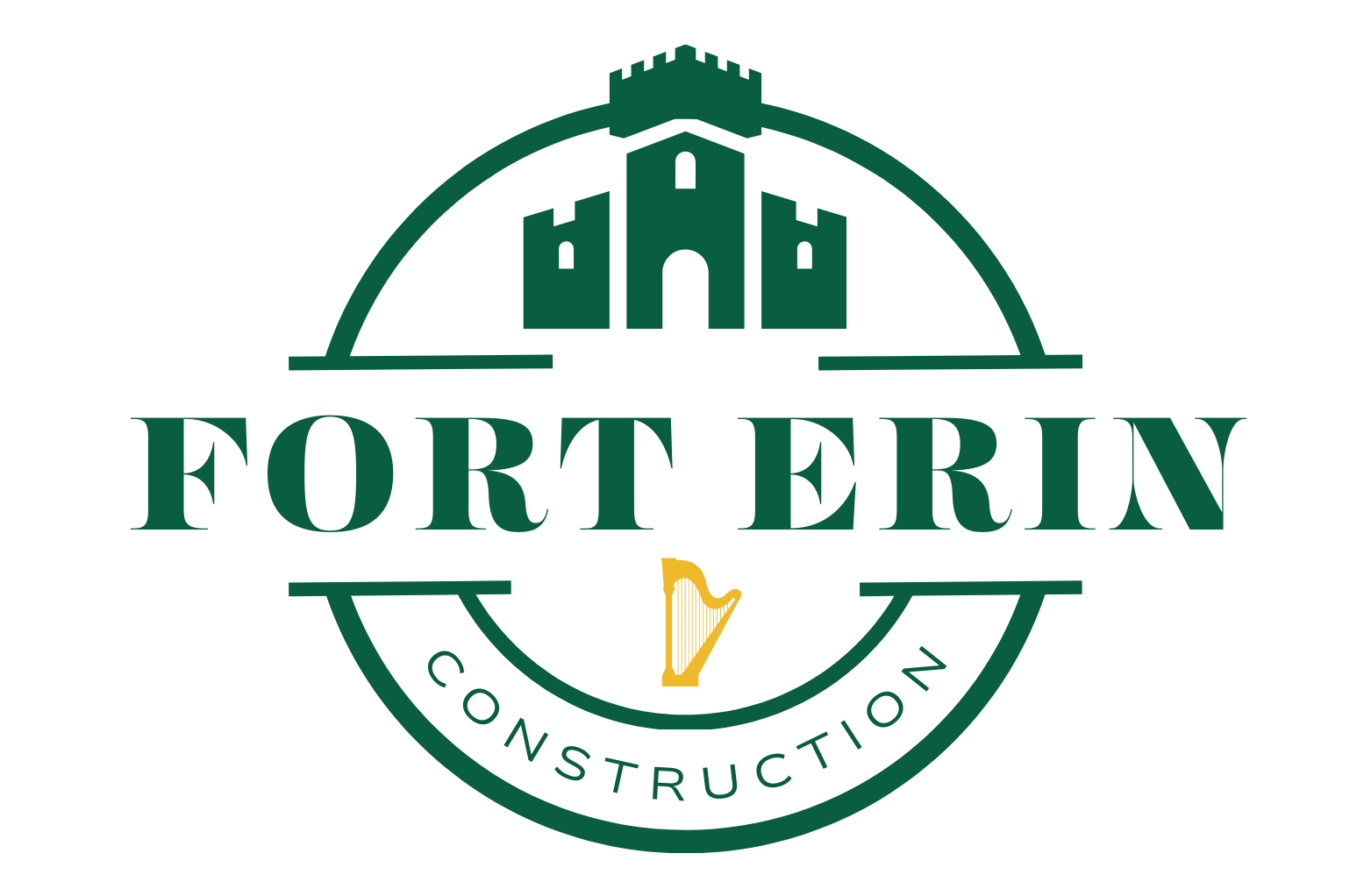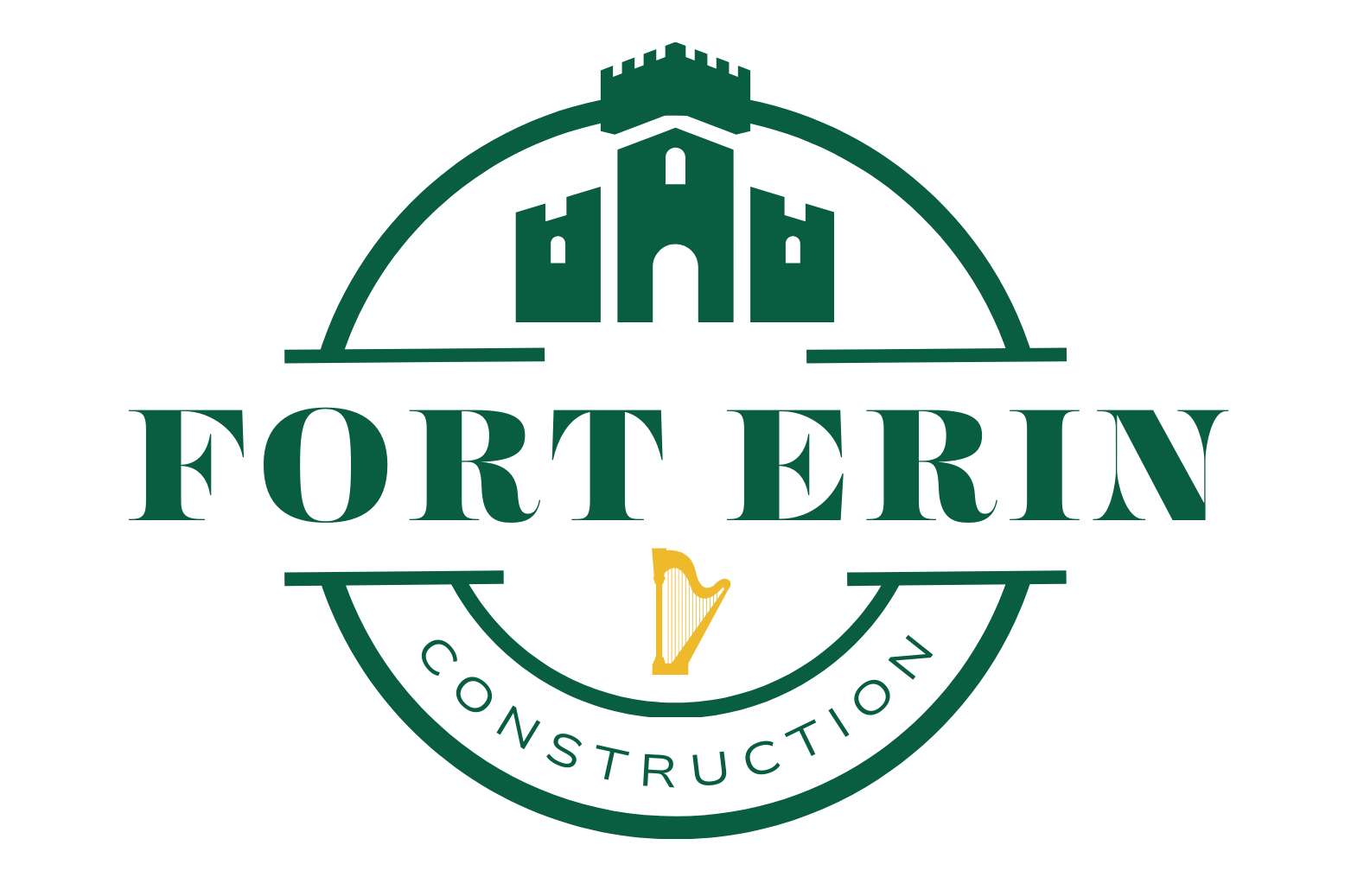
Beginner's Guide to Masonry!
Welcome to our Beginner's Guide to Masonry!
Have you ever admired a beautiful brick wall or a sturdy stone structure, then you’ve seen masonry in action. But what exactly is masonry, and how does it work? Let's break it down in simple terms.
What is Masonry?
Masonry is a method of building structures using individual units, like bricks, stones, or concrete blocks. These units are often bound together by mortar, a mixture of cement, sand, and water, which acts like glue to hold everything together. The result is strong, durable construction that can last for many years.
Types of Masonry Materials
There are several materials commonly used in masonry, each with its own unique characteristics:
- Bricks: Made from clay and baked in a kiln, bricks are one of the most popular materials. They come in various sizes and colors and are known for their durability and classic appearance.
- Stones: Natural stones like granite, limestone, and marble are often used in masonry for their beauty and strength. Stone masonry is typically more expensive but offers a timeless, elegant look.
- Concrete Blocks: These are made from cast concrete and are larger than bricks. They are often used in modern construction for their strength and efficiency.
How Masonry Works
The process of masonry involves several key steps:
- Preparation: The first step is preparing the site and ensuring a solid foundation. This is crucial for the stability of the structure.
- Laying the Units: The masonry units (bricks, stones, or blocks) are laid in a specific pattern. This pattern can vary depending on the design and function of the structure.
- Applying Mortar: Mortar is applied between each unit to bond them together. It's essential to use the right amount of mortar to ensure the units are securely attached.
- Finishing Touches: Once the main structure is built, the final touches are added, such as cleaning the surface and applying any necessary sealants to protect the masonry from the elements.
Benefits of Masonry
Masonry offers several advantages:
- Durability: Masonry structures are incredibly strong and can withstand harsh weather conditions, making them ideal for both residential and commercial buildings.
- Fire Resistance: Materials like bricks and stones are naturally fire-resistant, adding an extra layer of safety to masonry buildings.
- Energy Efficiency: Masonry walls provide excellent insulation, helping to keep homes warm in the winter and cool in the summer.
- Aesthetic Appeal: With a variety of materials and styles available, masonry can enhance the beauty and value of any property.
Common Masonry Projects
What can masonry be used for? It can be used for a wide range of projects, including:
- Walls: Both interior and exterior walls can be constructed using masonry for strength and aesthetics.
- Fireplaces: Brick and stone fireplaces add a cozy, rustic charm to any home.
- Patios and Walkways: Masonry is perfect for creating durable, attractive outdoor spaces.
- Retaining Walls: These walls are used to hold back soil and prevent erosion, often seen in landscaping.





